Photo

Christopher Head (1869-1912), barrister, insurance broker, Mayor of Chelsea, art collector and Titanic victim
14 notes
·
View notes
Photo
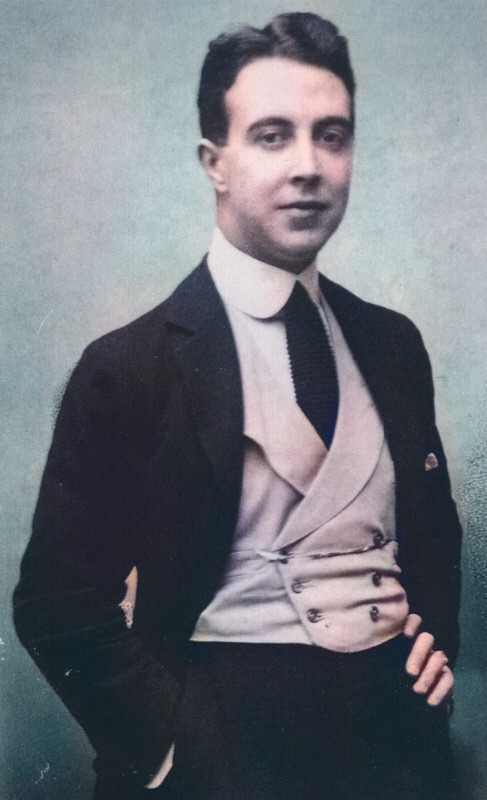
Victor Penasco (1887-1912), a Spanish millionaire whose suits attracted attention on Titanic before his death as a hero in a tuxedo
38 notes
·
View notes
Photo

Carl Maria von Weber (1786-1826): a German composer, conductor, virtuoso pianist, guitarist, and musical critic best known for his operas, particularly Der Freischütz (The Marksman), and often called the first true Romantic. He is known as the creator of Romantische Oper (German Romantic Opera), incorporating elements of poetry, history, folk music, folklore, and dramatic storytelling in his works, greatly developing the leitmotif technique. He advocated for the international recognition of German music and influenced the styles of many other famous composers, most notably Wagner and Mendelssohn. He was fascinated by non-Western music, and was the first Western composer to use an Asian tune in his compositions. His works also helped elevate the status of the clarinet to that of a solo instrument. Weber was also known for being one of the first conductors to conduct without a piano or violin and popularised the use of the baton. He loved his work and audiences often remarked on how excited he became during performances. And he also just looked really pretty!
34 notes
·
View notes
Text
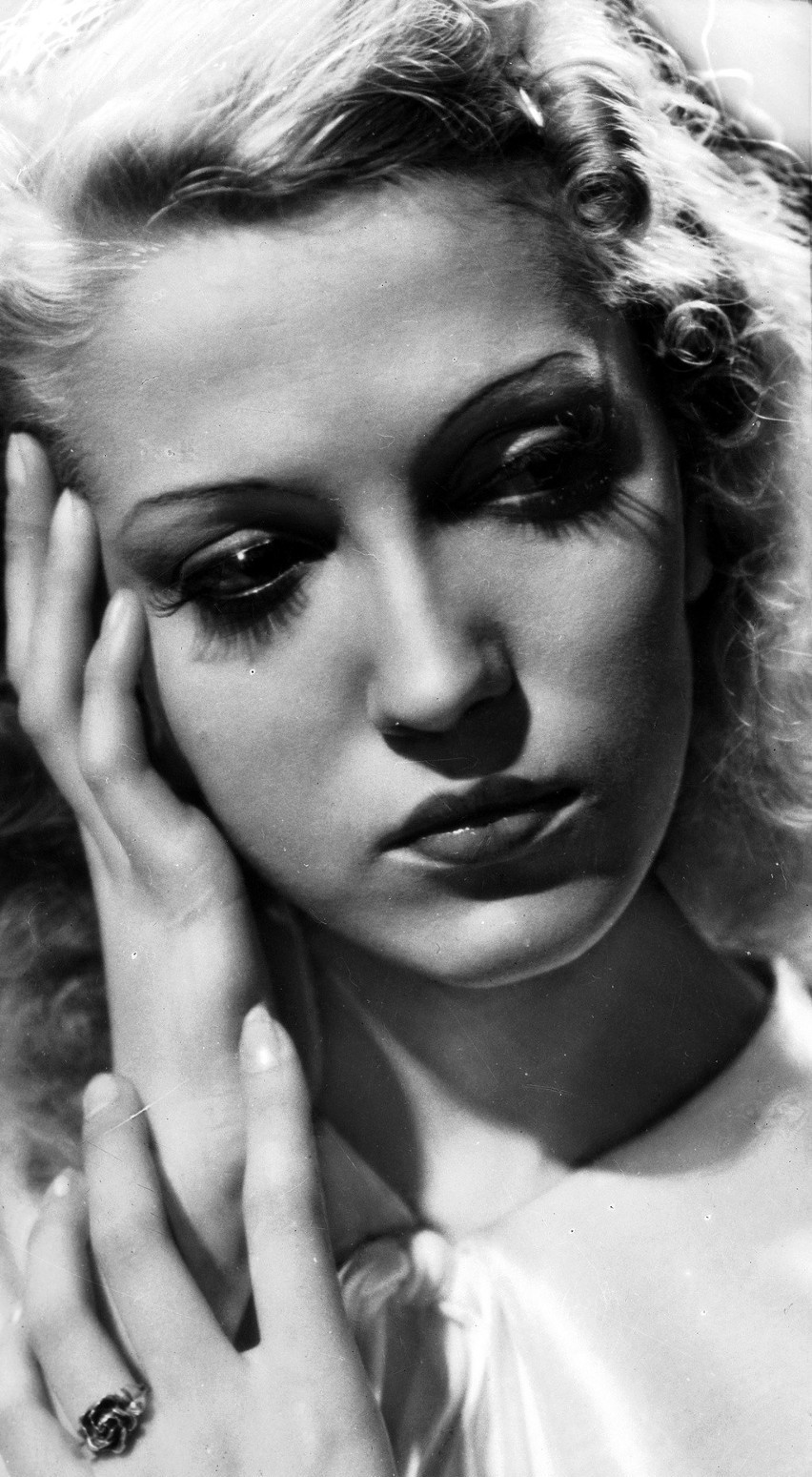






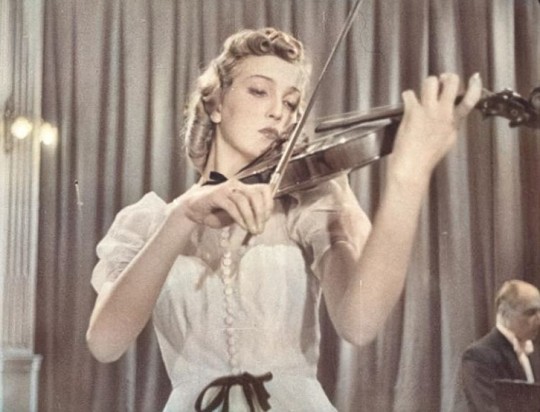

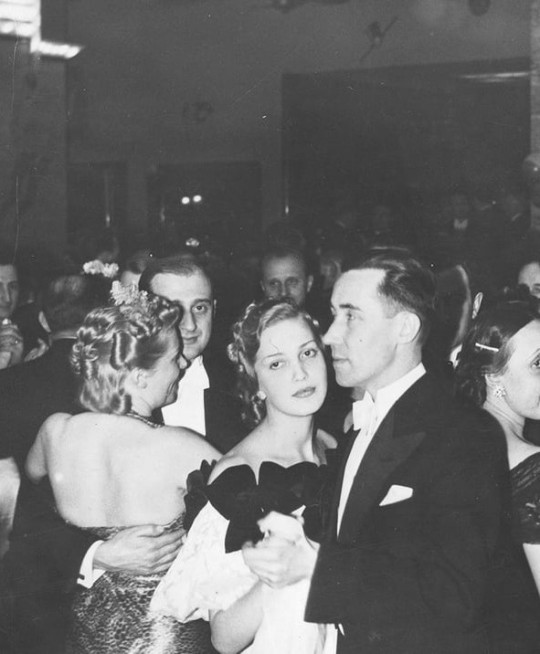
Tamara Wiszniewska (1919-1981) - Polish actress
Tamara Wiszniewska was born on December 19, 1919 in Dubno, Poland (now a region in western Ukraine) on the banks of the Ikva River. It was here that she spent her younger years during which she picked up dancing, which eventually led her to her career in film. In her 1981 obituary in the Democrat & Chronicle, it was reported that Tamara, at age 15, “Was a ballet dancer, when German film director Paul Wegener discovered her and gave her a role in the historical film, August der Starke (August the Strong)” which premiered in 1936. This German/Polish co-production is a biographical look into the life of Augustus II, ruler of Saxony and Poland-Lithuania from 1694-1733. Although Tamara played only a small role it marked her debut and eventual rise to fame within the Polish film industry.
Following her appearance in August der Starke, Tamara appeared in thirteen other films between 1936 and 1939, including Trójka Hultajska (The Trio Hultajska, 1937), Ordynat Michorowski (Ordinate Michorowski, 1937), and Kobiety nad Przepaścią (Women Over the Precipice, 1938). Wladyslaw (Walter) Mikosz, Tamara’s future husband, produced two of these films. In an interview, Tamara and Walter’s daughter, Irene, states that, "The two met because of their film careers, and were married [late that same year] in 1937".
Life for the Mikoszs was happy for a time. Tamara continued to pursue her acting career through 1938 and 1939 and had welcomed a new born daughter into the world alongside her husband, Wladyslaw. Unfortunately, these happy times did not last long as the Mikosz family experienced the rise of Nazi Germany and their occupation of Poland in 1939 during World War II. The following excerpt from an interview with Tamara in a 1974 Times Union tells how drastically their lives were changed:
"I always played a rich spoiled girl who had lovely clothes, and for a short time I lived that kind of life too. It was a short, beautiful life that ended when the Germans took over Poland in 1939. We were wealthy and the toast of the town then. We’d go to Prague and Vienna just to see an opera or to play in the casinos. When the Germans came, my intuition told me I should have something on me to exchange. I sewed my jewelry into my clothes. Later, it bought us passes to freedom and bread so we were never hungry."
The German occupation of Poland during World War II brought then “beautiful” life of the Mikosz family to an end. Gone were their illustrious careers in film and the rewards that such a life had brought to them. In a later interview, Irene mentioned that her mother "was preparing to sign a contract for a film career in Hollywood, but Hitler’s invasion of Poland derailed the plans". Sadly, Tamara’s last appearance on the silver screen was in 1939 prior to the invasion of Hitler’s Germany; she never again starred in any films.
Although her dreams had been crushed, Tamara and her family did not lose hope. They made the best of their current situation, and were able to survive by selling the fruits of their labors that they harvested during their days in the film industry; their lives had been consumed with a fight to survive rather than a dream to thrive. However, not being ones to live quiet lives, the Mikoszs volunteered for the Polish Underground, the exiled Polish government that fought to resist German occupation of Poland during World War II. As civilians with backgrounds in film, Tamara and Walter were most likely engaged in spreading Polish nationalistic and anti-German propaganda. Such efforts of the civilian branch of the Polish Underground was in support of what Jan Kamieński refers to as "small sabotage" in his book, Hidden in the Enemy's Sight: Resisting the Third Reich from Within: "In contrast of major sabotage, the idea of small sabotage was to remind the German occupiers of an enduring Polish presence, to ensure that they felt a constant sense of unease and generally undermine their self-confidence". While attending to these duties within the Underground, the Mikosz family was separated and shipped off to separate countries: Tamara and her daughter, Irene, to Czechoslovakia (where Tamara’s parents had been sent) and Walter to Bavaria. The family was not reunited until 1945, when they were sent to the same refugee camp in Bavaria. The Mikoszs remained in the Bavarian refugee camp until the year 1950, in which they emigrated to the United States of America. Tamara and Walter lived quiet lives in Rochester, NY after arriving from a war-torn Europe, and did so until they passed away.
Although they have long since passed away from this Earth, the stories of the Polish film star, Tamara, and her film-producer husband, Wladyslaw Mikosz, will live on so long as there are people around to tell it.
#history#history crushes#submission#tamara wiszniewska#polish#actress#film history#1930s#30s#old hollywood#women in film#women in history#poland#wwii#world war 2#ww2#ww2 history#old movies#old phography#20th century
128 notes
·
View notes
Text

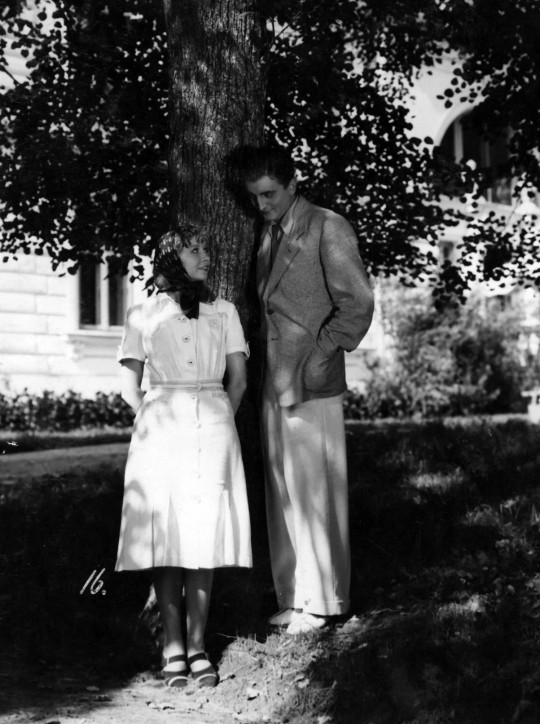


Jadwiga Andrzejewska (1915–1977), Polish actress. She was very popular in the 1930s.
#history#history crushes#submission#jadwiga andrzejewska#polish#actrees#30s#poland#women in history#women in film#1930s#1930s fashion#1930s movies
125 notes
·
View notes
Photo
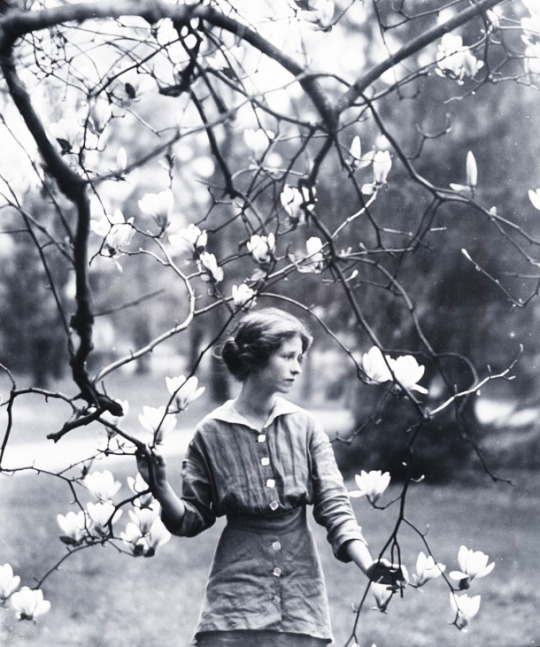
Edna St. Vincent Millay was a poet whose work was definitional to the glamour of Roaring Twenties America. She was born in 1892 and when she was just seven, her mother divorced her father and took her and her sisters to live in Maine. The Millay household was one of strong, intelligent, independent women and the bond they shared is one of the most fascinating I've ever read about.
Millay wrote poetry from a young age, and when she was twenty, her poem Renascence got the attention of a wealthy woman who decided to sponsor her way through college. She went to Vassar and was nearly prevented from walking at her graduation for breaking curfew one to many times, but her classmates all rallied to defend her and the headmaster relented.
People could not stop falling in love with this woman. In her Vassar years, many women fell head over heels for her. She also had many affairs with men. When she did marry, in 1923, she and her husband loved each other dearly, but neither gave up the relationships they had on the side, they "lived like a pair of old bachelors."
Her poetry is beautiful and aside from being the first woman to win a Pulitzer Prize for Poetry, she was also such an evocative wordsmith. Themes of love, death, and nature are prevalent throughout, but she has a unique twist on them. I really appreciate the way that women are depicted in her work as whole beings with wants and needs outside of being a chaste object of desire for a male narrator.
And also she's very beautiful. I could only attach one picture here but she really is very good to look at.
605 notes
·
View notes
Text

Konstantin "Koča" Popović (Serbian Cyrillic: Константин "Коча" Поповић; 14 March 1908 – 20 October 1992) was a Serbian and Yugoslav politician and communist volunteer in the Spanish Civil War, 1937–1939 and Divisional Commander of the First Proletarian Division of the Yugoslav Partisans. He is on occasion referred to as "the man who saved the Yugoslav Partisans", because it was he who anticipated the weakest point in the Axis lines on the Zelengora–Kalinovik axis, and devised the plan for breaking through it during the Battle of Sutjeska, thus saving Josip Broz Tito, his headquarters and the rest of the resistance movement. After the war, he served as the Chief of the General Staff of the Yugoslav People's Army, before moving to the position of Minister of Foreign Affairs and spent the final years of his political career as Vice President of Yugoslavia.
37 notes
·
View notes
Text

Audie Leon Murphy, US Army. Most decorated US soldier in WW2. He was turned away from every other branch for being too short.
When he came back, he became a Hollywood star for a while, even starring in a biopic about his life called “To Hell & Back”. I was married in the home he shared with his sisters at the end of his life.
The salad bar on his chest there? He won them all during the war, serving in Europe.
196 notes
·
View notes
Text

King George V and his son Prince George . They are easily the Most Handsome Royal Men ever 😘
174 notes
·
View notes
Photo
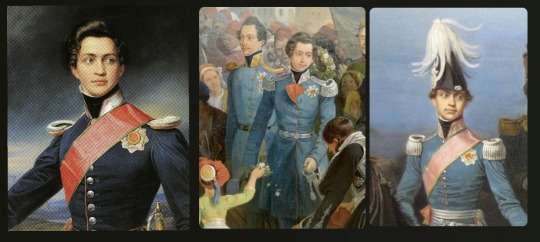
Otto of Greece (1815-1867) Ruled Greece for 30 years (1832-1862) was also Prime Minister, made two terms. He can steal my money, dignity, he can do whatever he wants on me.
82 notes
·
View notes
Photo
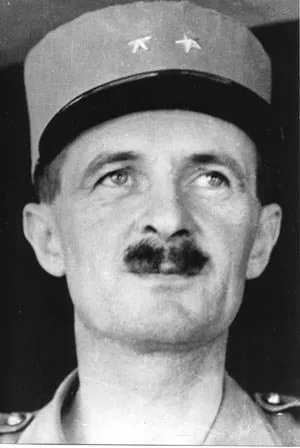


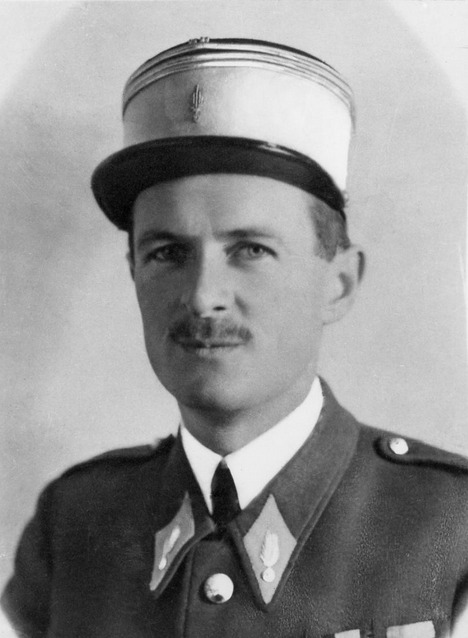

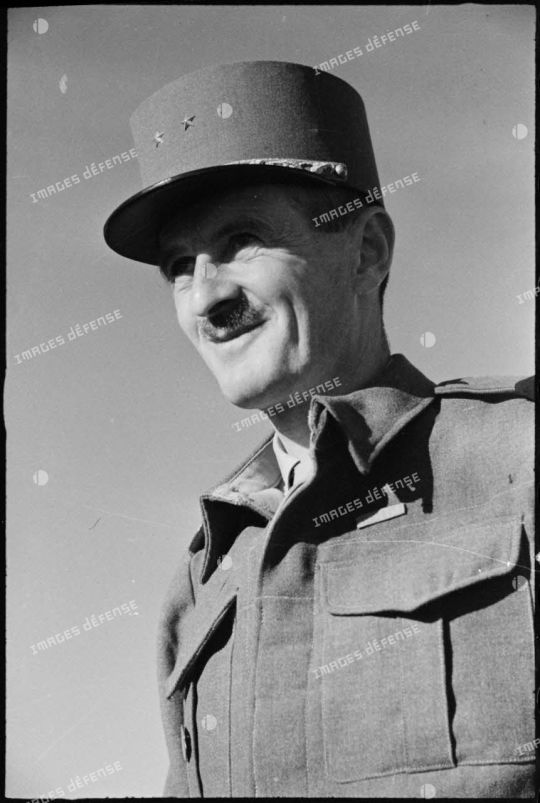

Philippe Leclerc de Hauteclocque (1902-1947), a Free French tank commander and great World War II general overall. Risked his life to escape France by evading the Germans TWICE and swimming across a canal despite being injured, and was able to take the small Free French force and turn it into a competent and strong army. Sadly he died in a plane crash but I believe his legacy should be honored by what he was able to do with the limited resources he had. Leclerc may not be the most attractive man on here but for me he makes up for it in terms of his actions and demeanor, I mean who wouldn’t want a war hero who fought for years in the desert for the good of his country? I just love his beautiful eyes and goofy smile along with his hair and mustache, I am not even hiding it anymore I genuinely need him so bad.
78 notes
·
View notes
Note

Let me introduce you to Otto of Greece. What do you think, I personally would fall on my knees and give him my soul and my money.
i've been getting a lot of crushes via asks lately-- please use the SUBMIT function for them! you can find it here:
https://fuckyeahhistorycrushes.tumblr.com/submit
41 notes
·
View notes
Photo

GASPARE PACCHIEROTTI! (1740-1821)
One of the greatest castrato opera singers of all time, perhaps exceeding Farinelli. Not only a virtuoso possessed of a huge vocal range from soprano to tenor, able to sing any style with great taste and sensitivity to the intention of the composer, a consummate actor, with great intelligence and judgment about drama and music, but also a pleasant, kind, and gentle person, modest to a fault. All the biographers write in praise of his character, and in Susanna Burney's diaries (quoted extensively in Linda Kelley's Susanna, the Captain & the Castrato, in which Pacchierotti is so cute it's criminal, GAH) a portrait emerges of a sweet, shy, and also funny and charming man with a good word for everybody, a serious dedication to his craft, lifelong struggles with stage fright, and deep empathy.
He was also ugly. This didn't stop women from falling in love with him left and right. But he was embarrassed by it and didn't like portraits. The above portrait is flattering, but there are also plenty of surviving images that are... not.
In 2013 Pacchierotti was exhumed and studied by anthropologists. I was really sad to see the commentary around the internet circuit often leaned "freak show", leaning on lurid fascination with bodily difference (rather than similarity, which was also found by the study). He even got skull-shamed for having a weird face. Poor man is 200 years dead and people are still calling him ugly. This was a person who was a lot more than a physical oddity; we can no longer hear his voice, but we can remember his inner beauty.
"If he had not been a singer, he would probably have been a poet; for his ideas, even in current conversation, ran involuntarily into poetical imagery ... when he was highly animated in conversation, the effusions of his imagination resembled his cadences in music, by their excursionary flights, and impassioned bursts of deep, yet tender sensibility. ... Timidity and animation seemed to balance his disposition with alternate sway; but his character was of a benevolence that had no balance, no mixture whatsoever." -Memoirs of Doctor Burney, by Frances d'Arblay
63 notes
·
View notes
Text
Have you seen Pedro II, Emperor of Brazil?
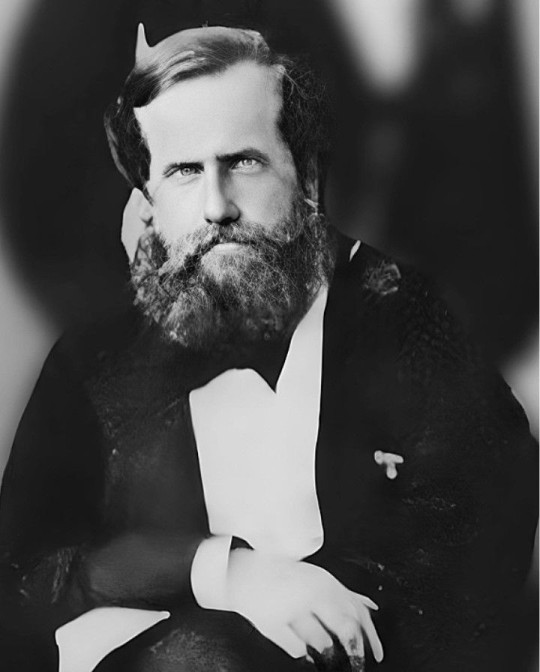

He had a full beard and beautiful blue eyes
163 notes
·
View notes
Note
A recent crush of mine - Sir William Francis Patrick Napier, British soldier and historian, Knight Commander of the Order of the Bath, 1785-1860
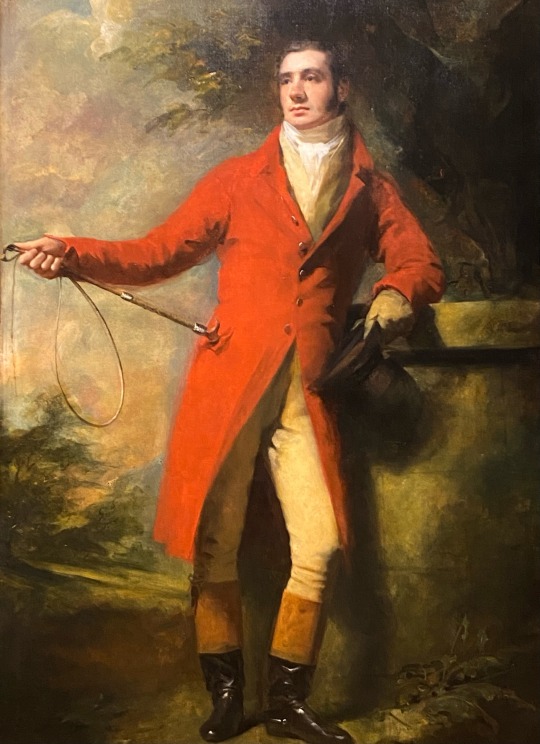
.
27 notes
·
View notes
Photo
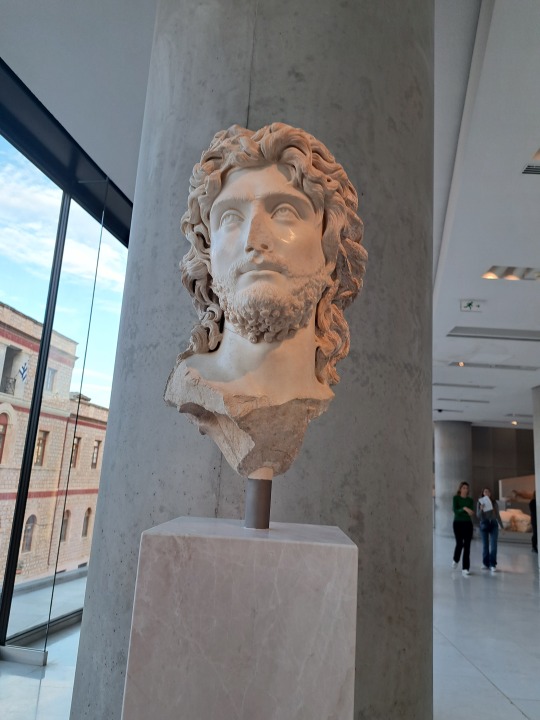
Tiberius Julius Sauromates II Philocaesar Philoromaios Eusebes
Practically nothing is known about him, but omg isn't he good-looking?! I think that's enough.
Photo taken by me from the "Acropole Museum".
228 notes
·
View notes
Note



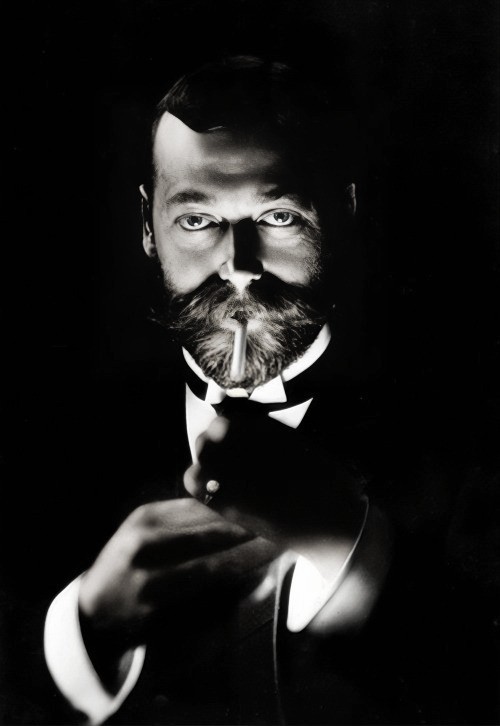
King George V (1865 - 1936) He was a brilliant king (and a very good-looking man with regal demeanor)
During his reign, the world faced significant trials, including WWI and the immense changes that followed. George V provided stability, embodying the steadfastness and resilience that his kingdom needed during those turbulent years.
He worked tirelessly to foster unity and goodwill both at home and abroad.
George believed in the importance of diplomacy and collaboration, forging alliances and strengthening relationships with other nations, all while maintaining the dignity and honor of his nation.
p.s I love his eyes and his beard
.
114 notes
·
View notes